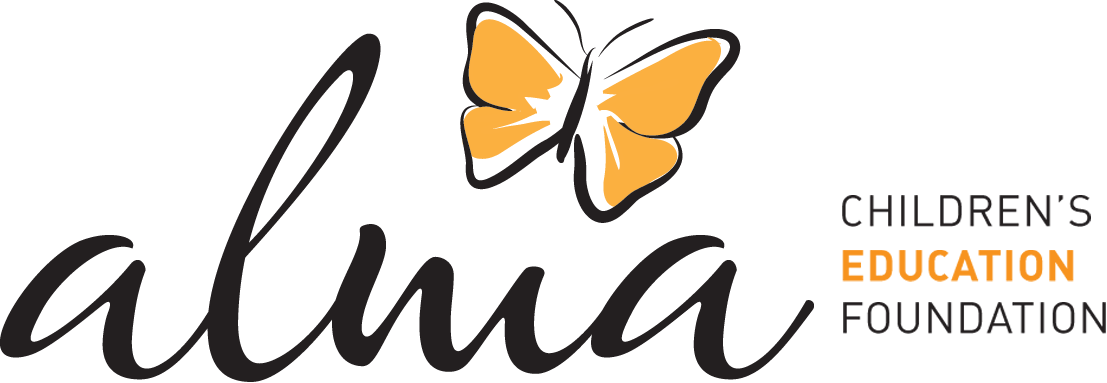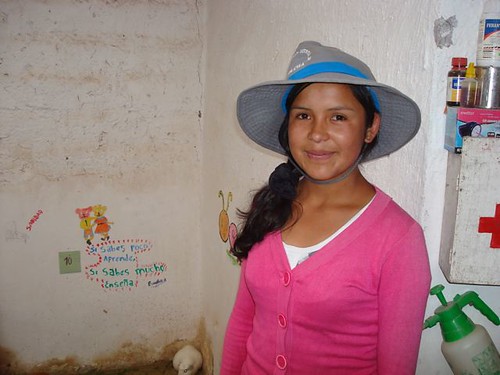Public university in Peru is tuition free (although there are small matriculation fees each semester) and in place of an application process, entrance to both public and private universities, as well as technical institutes, is dependent upon entrance exams. These exams, especially for public university due to its affordability for all socio-economic demographics, are increasingly competitive; to such an extent that almost all prospective tertiary education students attend a pre-university academy, created specifically to prepare for the entrance exams.
In addition, despite low or no tuition costs, higher level learning is still often economically out of reach for students from rural areas with high poverty indexes due to the cost of school supplies and moving to and living in urban areas. The Peruvian government has created a scholarship program called Beca 18 in order to counteract the cost of higher education for students from regions of extreme poverty. Beca 18, however, also uses exams to select recipients, and therefore many students miss out on full scholarships to high-quality universities for lack of preparation for exam-taking techniques.
The Colcha Academy project is intended to help secondary school students in the communities of San Lorenzo, Araypallpa, San Francisco de Colcha, Sanka, Pacopata, Pampacucho, Cochirhuay, Quepo, Cusibamba, and Paruro overcome some of the many boundaries to higher education that rural households of a low socio-economic level face in Peru: low access to pre-university academies due to low income level and distance from urban areas, and lower academic performance due to low education levels of parents and the poor status of Peruvian public education.
The Alma Children’s Education Foundation is implementing a pre-university academy in the secondary school in San Francisco de Colcha in order to prepare students for exam taking techniques and exam content for both university and Beca 18 entrance exams. Alma has hired specialized teachers from Cusco and developed academy material, while the school and Parents’ Association is providing classrooms, room and board for our teachers, and extra school lunches for the weekend classes. Sixty secondary school students receive 13 hours of pre-university instruction every weekend from April through December.

